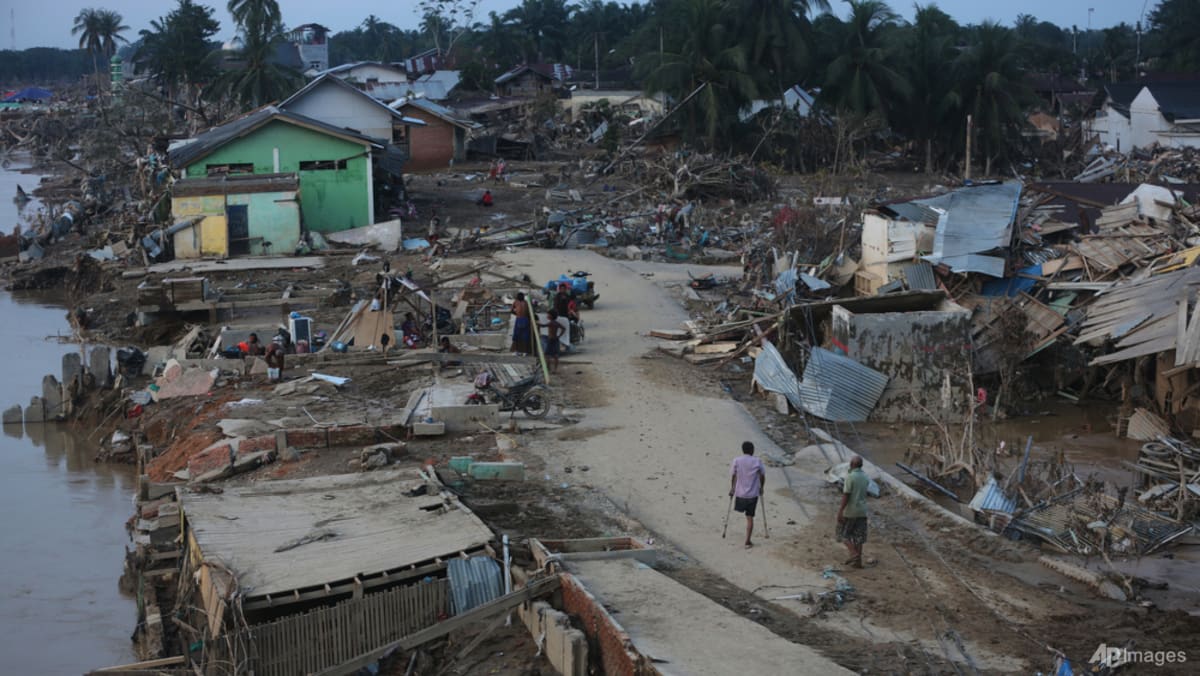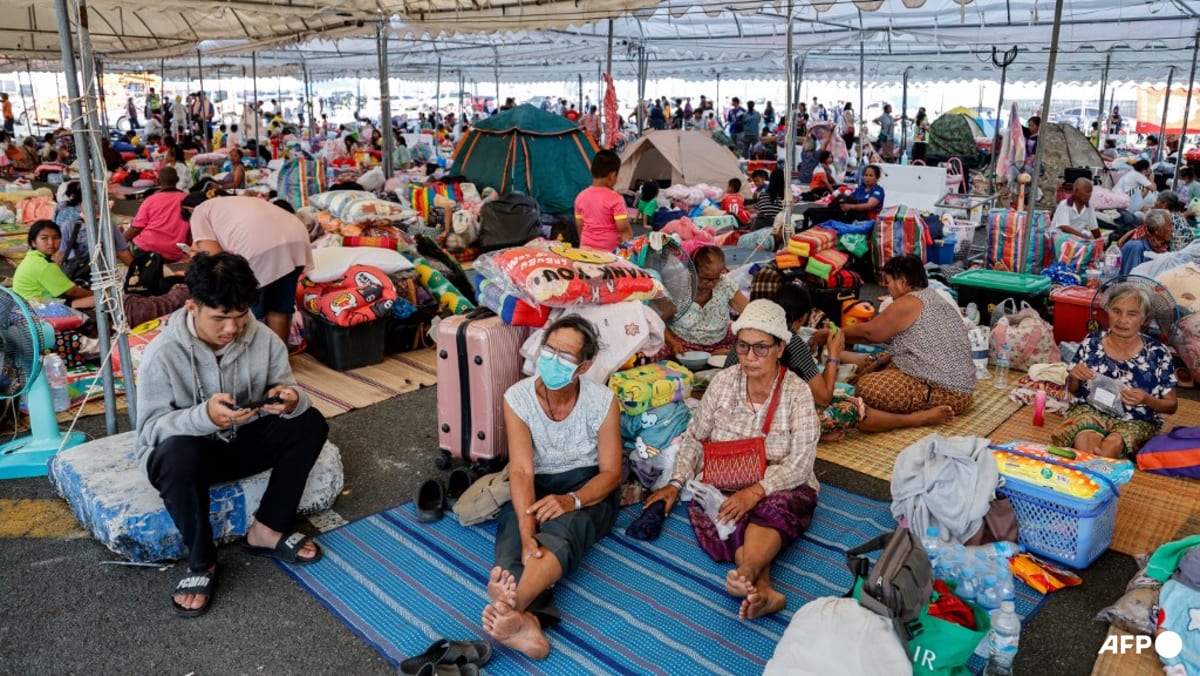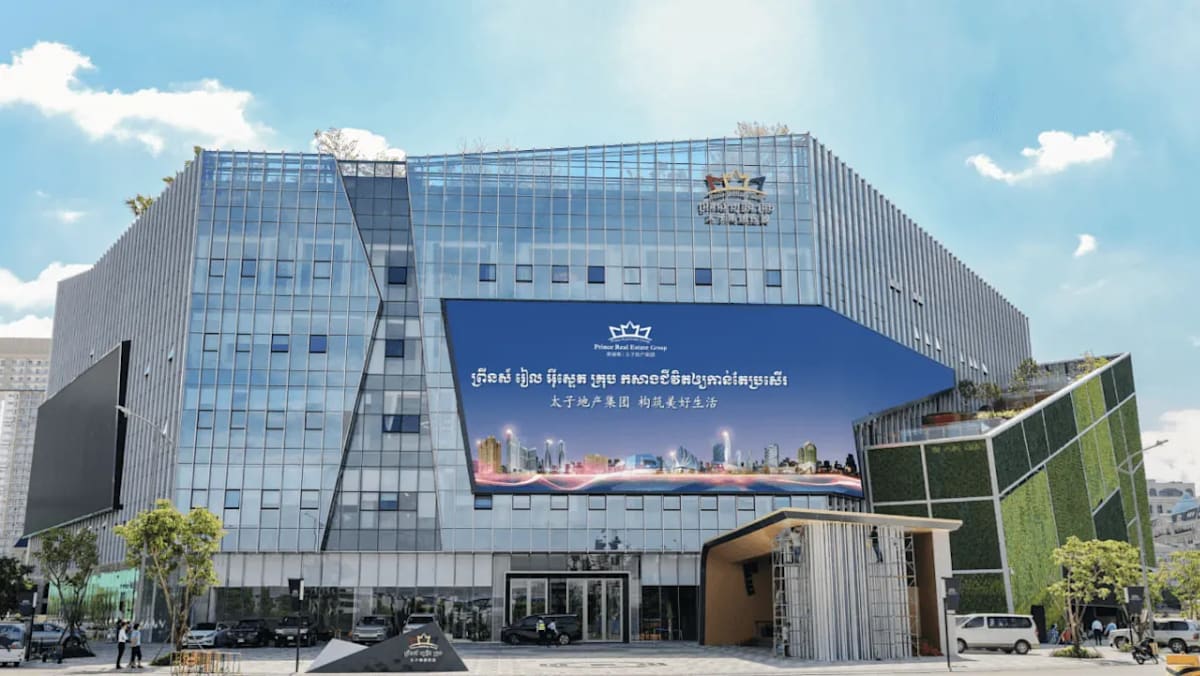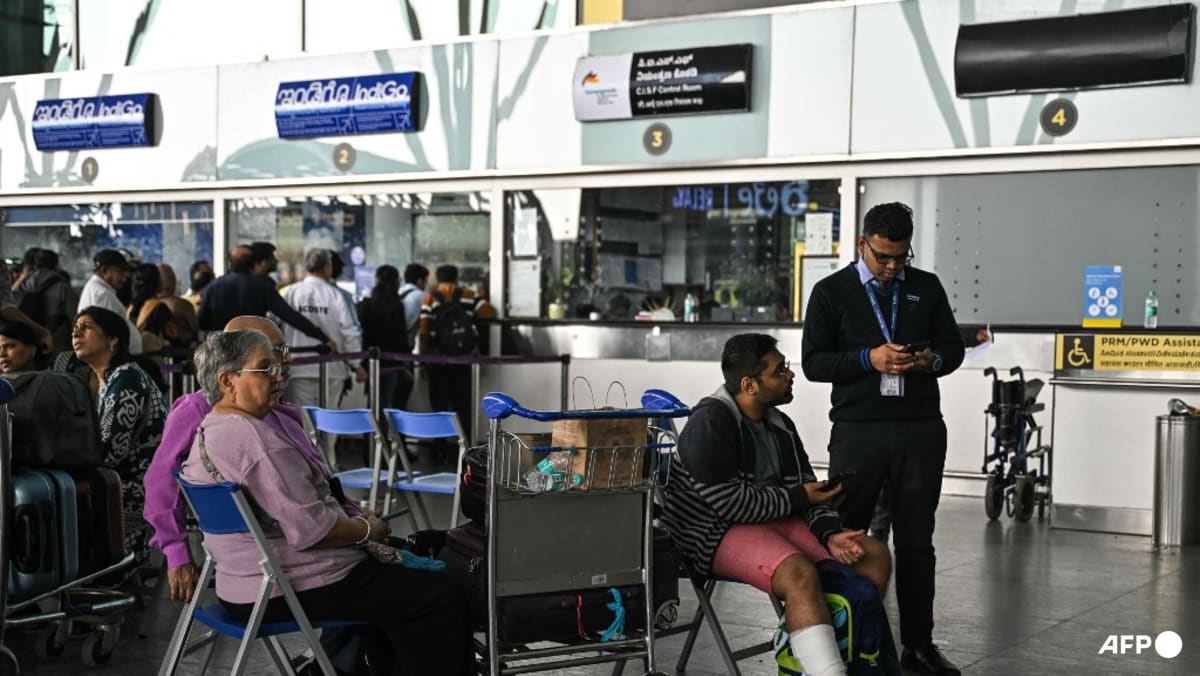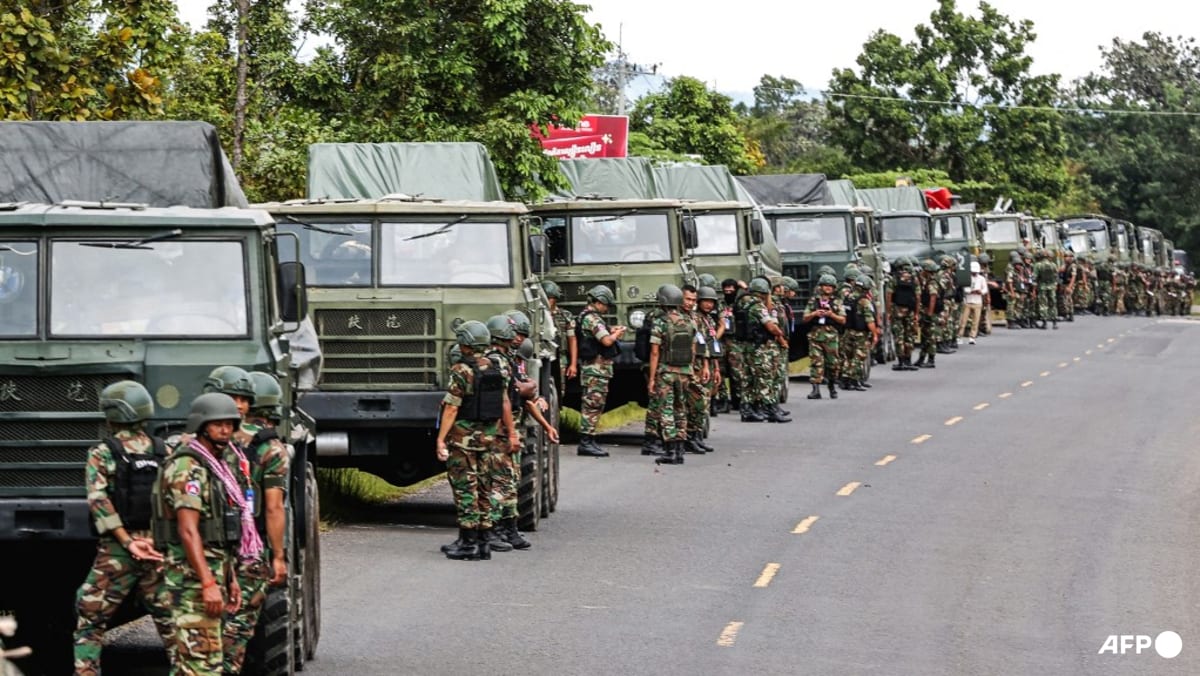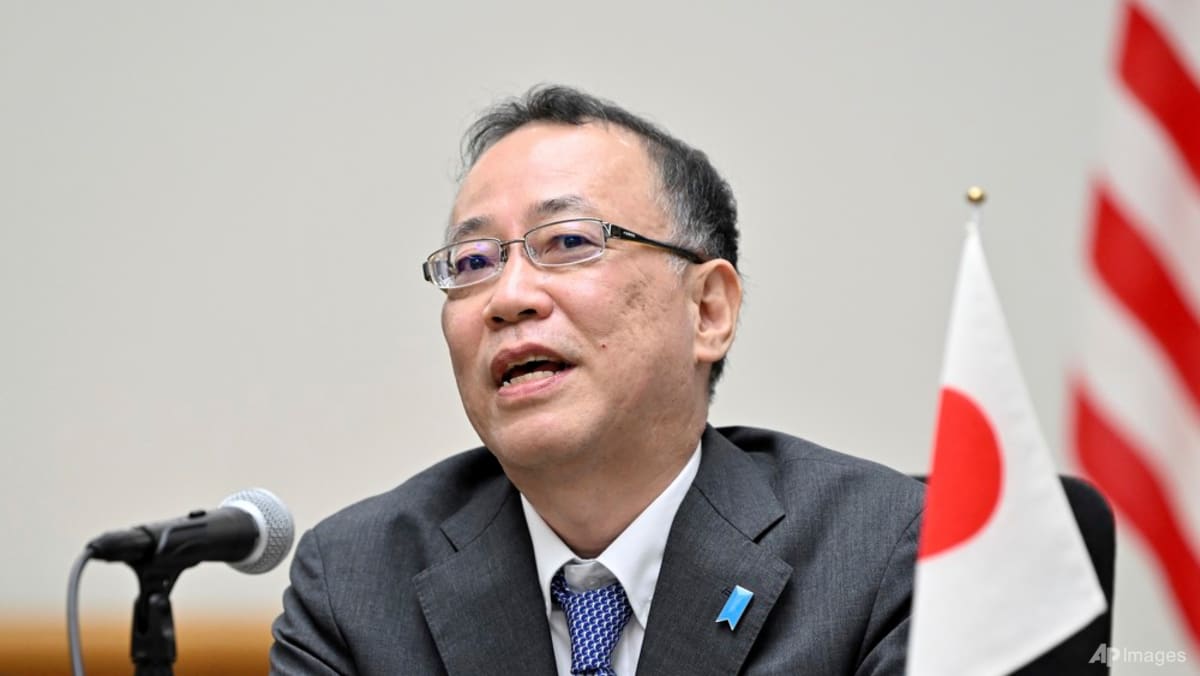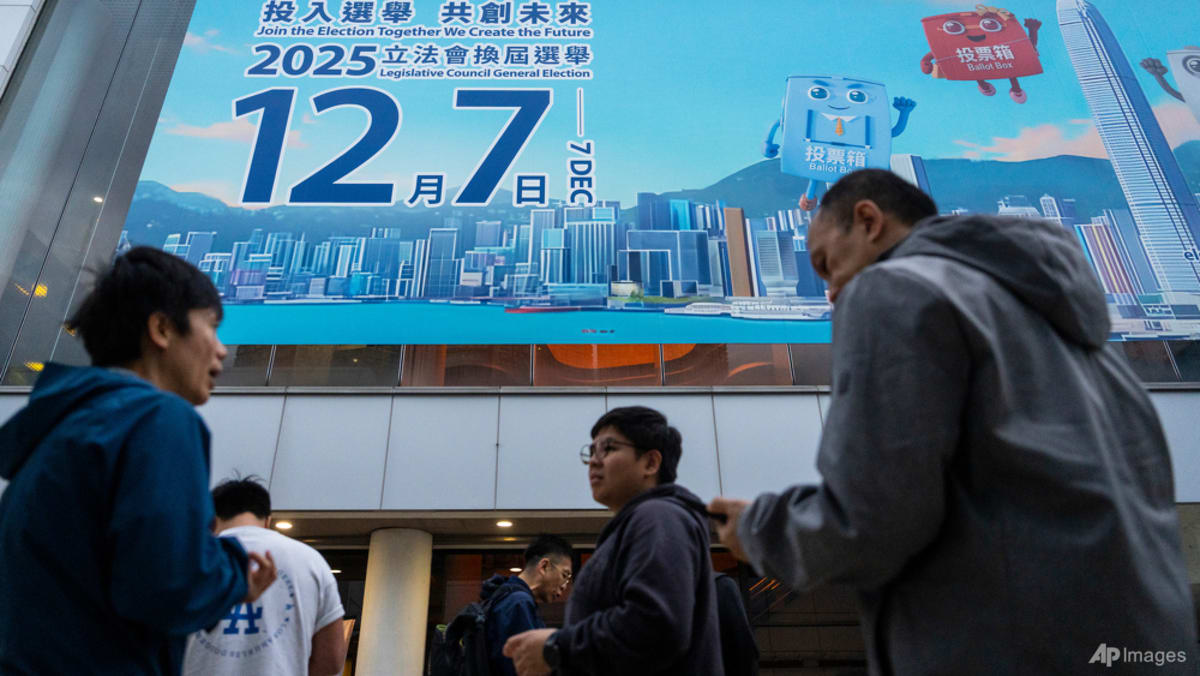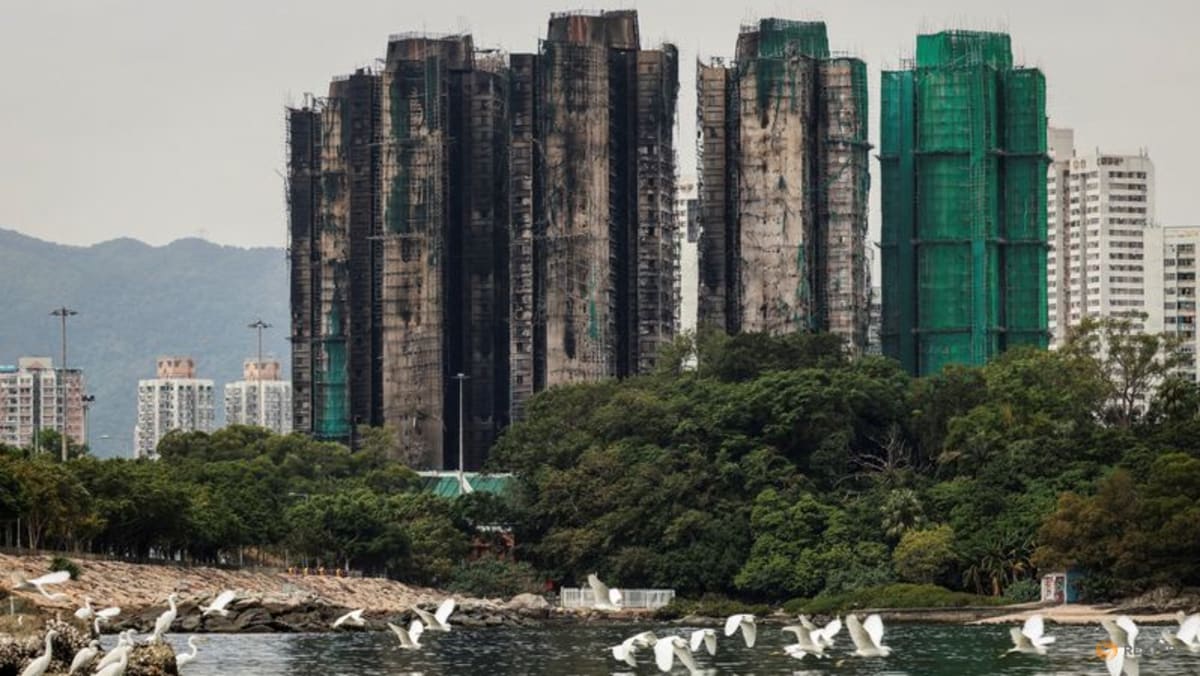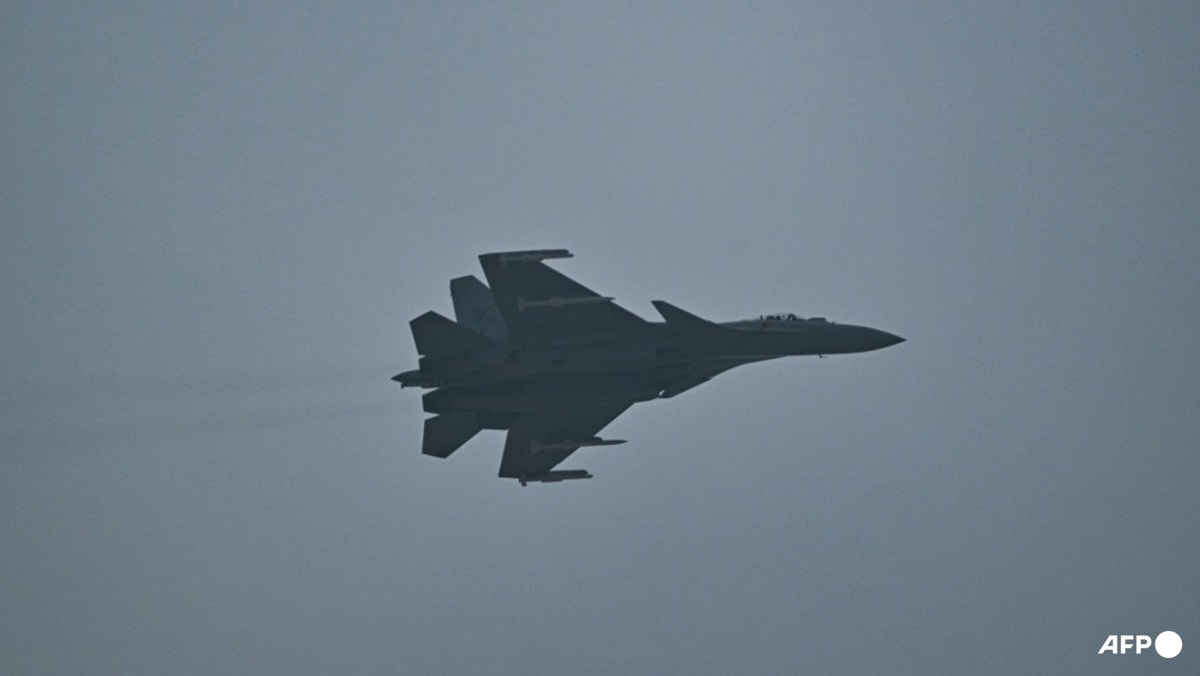Taiwan’s opposition parties join forces for presidential election
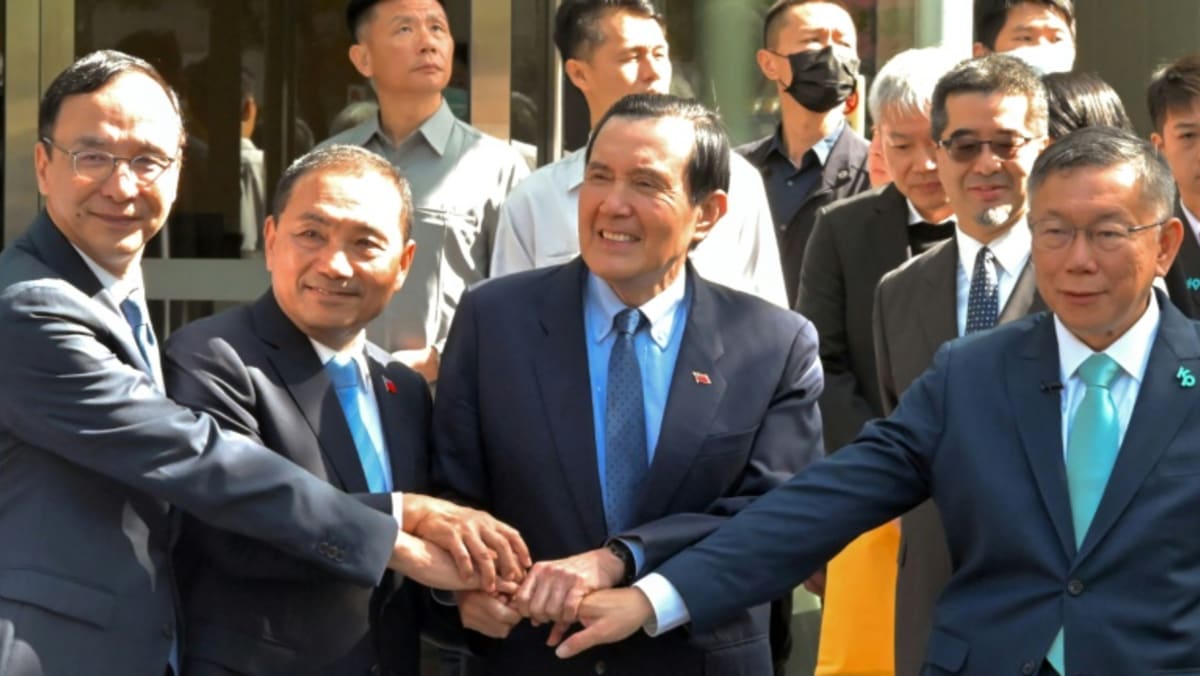
TAIPEI: Taiwan’s two leading opposition parties said on Tuesday (Nov 14) they would join forces for January’s presidential election, but they have not decided which candidate will be at the top of the ticket.
Kuomintang (KMT) – the island’s leading pro-Beijing political group – and the Taiwan People’s Party (TPP) have been in discussion for weeks over an alliance, with two candidates tussling over who should run in the Jan 13 polls.
KMT’s Hou Yu-ih has been polling neck-in-neck with TPP’s Ko Wen-je, who has performed better than expected as a third-party candidate.
The two sides struck “a cooperation agreement, creating a new record in Taiwan’s political history”, KMT heavyweight and former president Ma Ying-jeou told reporters.
“This cooperation will enable mutual assistance between the two parties in future elections and other aspects, making it a very memorable day for both parties in Taiwan.”
The parties agreed to have three experts, picked by Ma as well as both parties, evaluate polls conducted from Nov 7 to 17, with the results of the leading candidate due to be announced on Saturday.
Ko hailed the agreement as “a historic moment”.
“Regardless of the outcome, and no matter who is the presidential or vice presidential candidate, we must work together hand in hand to ensure peace and stability in the Republic of China,” said Hou, referring to Taiwan’s official name.
Previous talks between the parties had seen the candidates disagree on how to pick the presidential candidate, with KMT favouring an “open primary” and Ko preferring opinion polls.
During a briefing with foreign media last month, TPP’s Ko said an alliance with KMT under those rules would be akin to a “forced marriage”.
A poll released on Monday by local outlet United Daily News showed vice president Lai Ching-te, the candidate for the ruling Democratic Progressive Party (DPP), as the frontrunner with 26 per cent of the popular vote.
Ko came in second with 21 per cent, while Hou took 18 per cent.
Source: CNA


